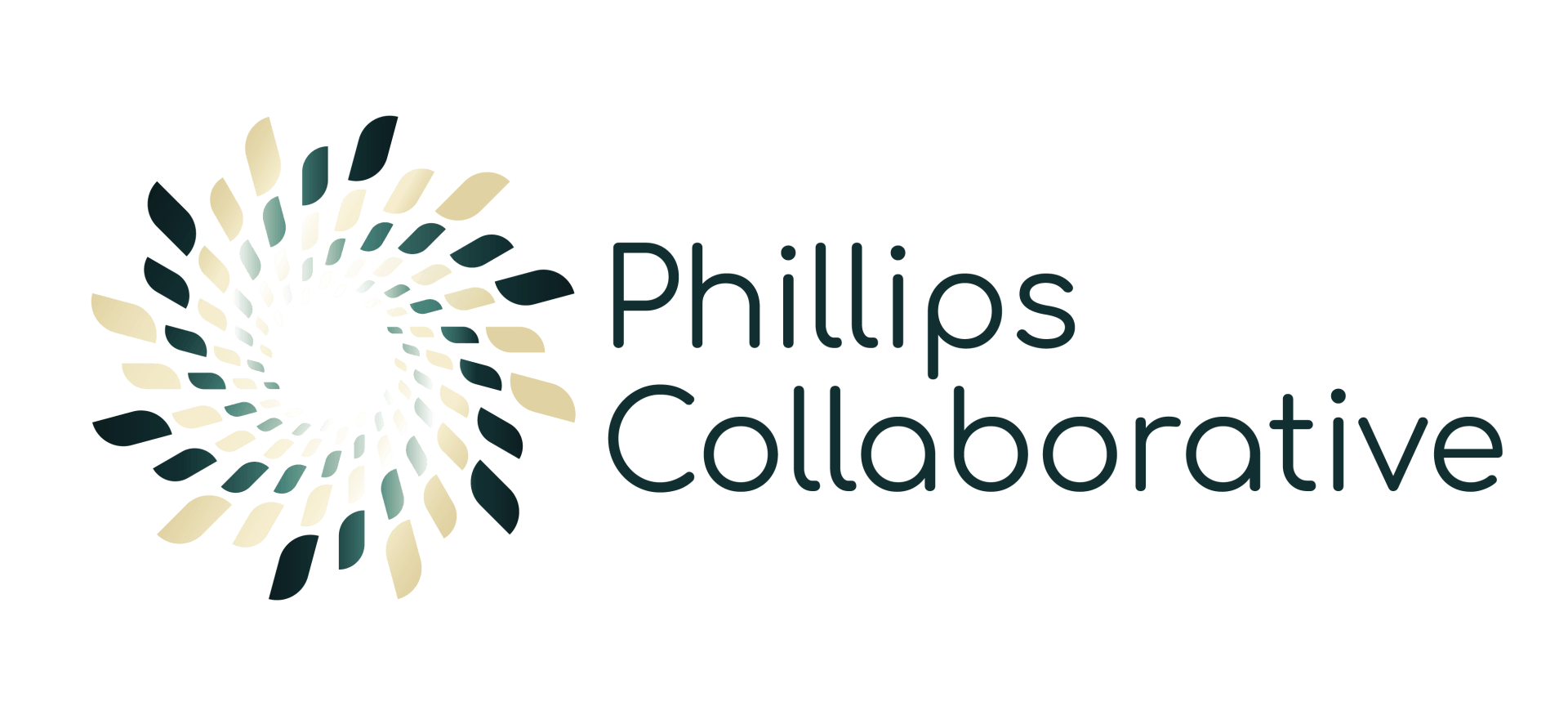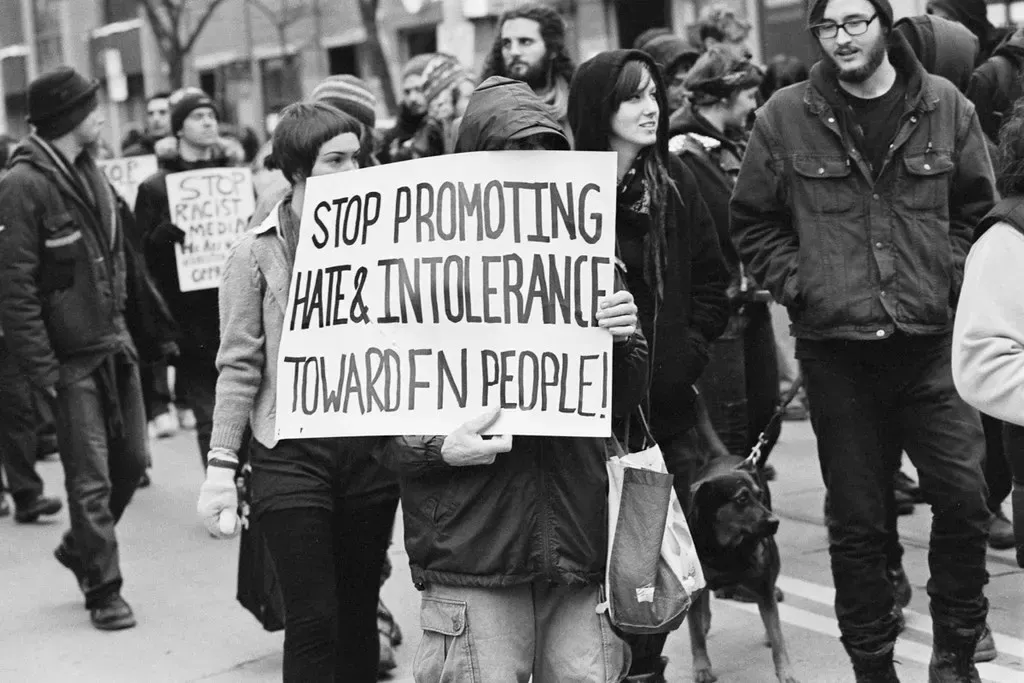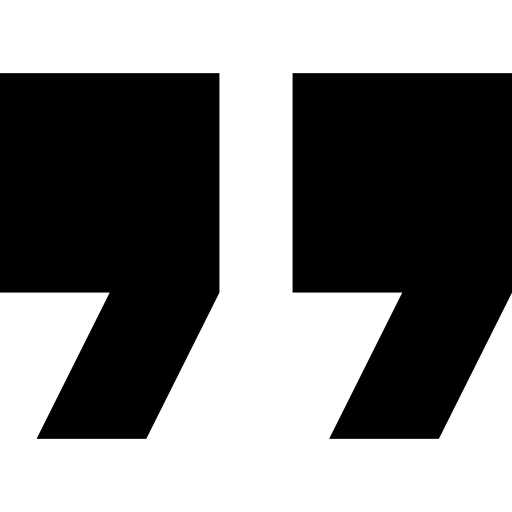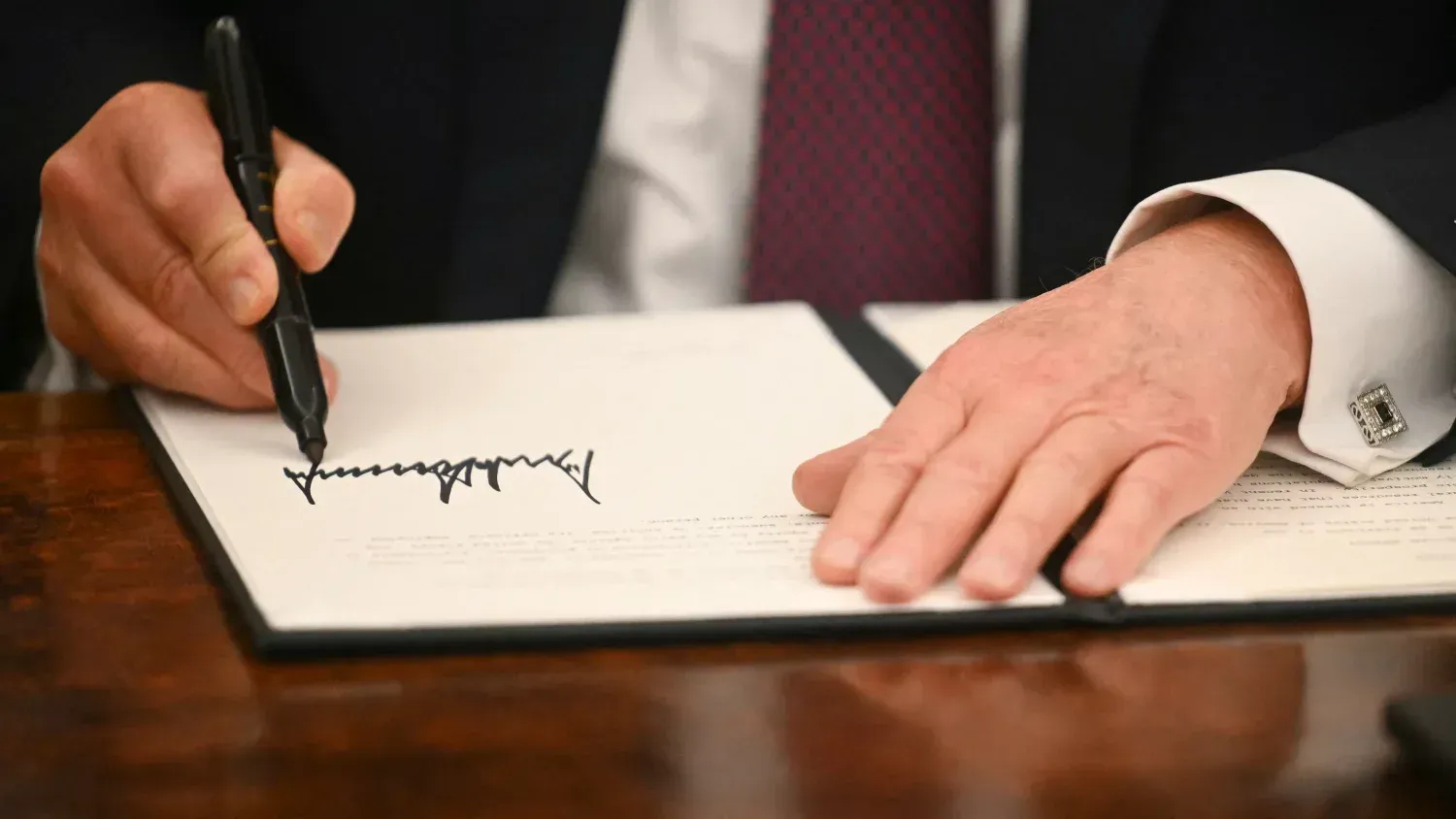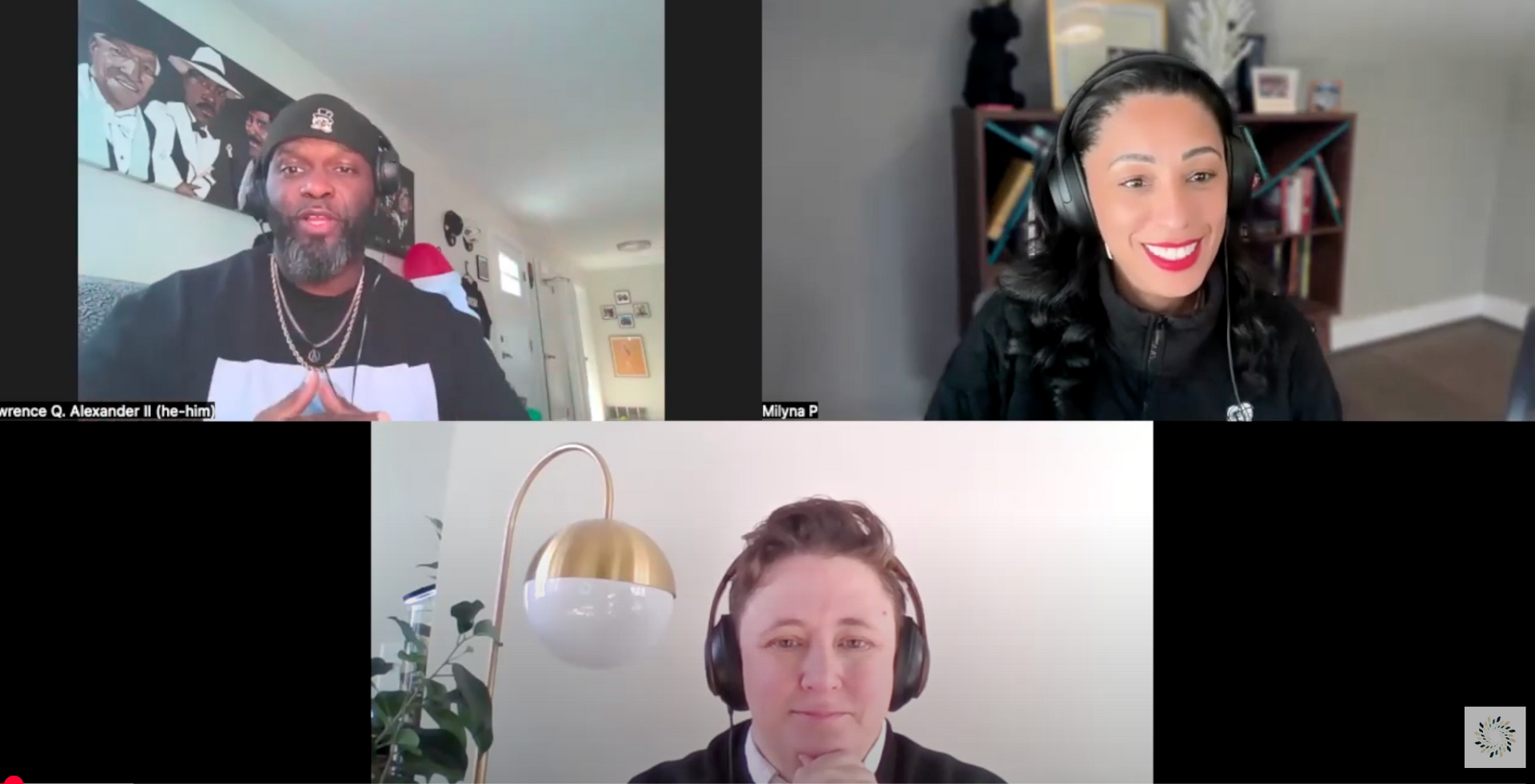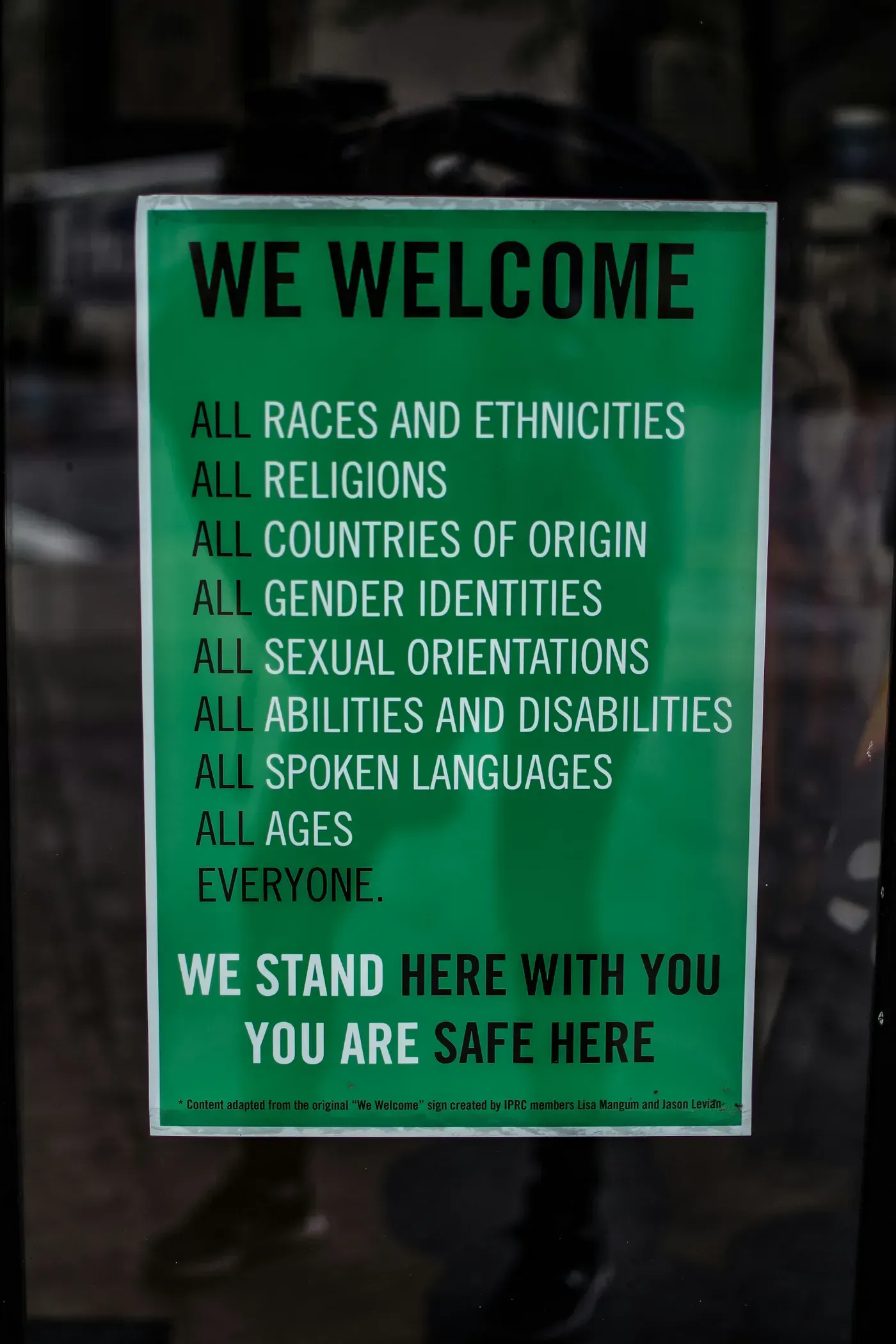Image by Ryan Raz “Rally against the Toronto Sun and their Anti-Native rhetoric and propaganda.” 2013
Drop your civil discourse.
And that is where we begin.
Civility has simply become yet another evolution of tolerance for racism in the same way that diversity has become another practice that centers and maintains whiteness and its oppressors. It is a means to deliberately harm the few by purporting freedom for many under the appropriated guise of the neutrality of language and the assumption of all language as civil. As Toni Morrison stated in her Nobel lecture, The Work of Words, “Oppressive language does more than represent violence; it is violence; does more than represents the limits of knowledge; it limits knowledge.”
Let us start with Karl Popper’s, “The Open Society and Its Enemies.” Not typically one to utilize long quotations, this writing in particular has been taken out of context to many political ends and so I include the following unredacted original excerpt from Popper’s Notes on Chapter 7, “The Principle of Leadership.”
Woah. Take a breath. Did he say (in 1945) that we should consider that “any movement preaching intolerance places itself outside the law?” Does that say that “incitement to intolerance and persecution is criminal?”
Yeah. I read that, too. And it is this that has helped me better understand how we got to where we are, because, “If we extend unlimited tolerance even to those who are intolerant, if we are not prepared to defend a tolerant society against the onslaught of the intolerant then the tolerant will be destroyed, and tolerance with them.” What if it isn’t about the binary assumption that there can be good people on both sides but rather that actions of intolerance have outcomes of oppression that dehumanize the whole humanity of the human beings impacted by intolerance? All while holding up the humanity of the intolerant.
It isn’t a far reach for me to see where the paradox of freedom has led educators and institutions of education to become battlegrounds of book bans, bathroom debates, hate speech, the harm of white supremacy, and the silencing of those voices who would speak up against such things, including genocide and the murder of children in any country. And, concurrently this has created a paradox for educators whose job it is to teach all children how to live together. Who do we want to be as a society? Who do you as a caretaker of children want to be?
If you, as a school, as educators in a school, truly believe in the beacon of learning and the possibilities of education as put forth by Dewey, hooks, Freire, Piaget, Morrison, Du Bois, Bethune and so many others, then you must return to centering the children, instead of political comfort. You must determine what the limits of
tolerance are for you as a person and as a center for learning. Because tolerating intolerance teaches children and young people that violence (physical and emotional) incited against others is acceptable.
There is no civil discourse when the intent is to allow the intolerant a position to oppress and demean the basic humanity of members of a society. Discourse assumes the ability to see value in another and their existence. It assumes the ability to be not only tolerant but neutral in intent. Language and discourse are never neutral. Civil discourse in its current form is not only a bastardization but an erasure of its intent. It has become the foundation whereby there are “good people on both sides” — no matter that one side has historically been holding a gun, a noose, an accusation, or the power of another’s life in their hands. Civil discourse has become the practice of tolerating the intolerable. And the civil discourse argument, once intended to be a means of expanding one’s understanding, ran its course the minute that it became an excuse and playground for intolerance.
The children you teach and care for are extensions of a power greater than most others within our society. But those children must also understand the limits of the paradox that is freedom. Just because you can, doesn’t mean that you should. The same applies to educators and administrators. Are you willing to defend your school and the young people in it from intolerance in order to maintain the possibility of tolerance? Will that extend to your larger community? Parents? Alums?
If your system of belief demeans another, your freedom allows you to bring it to the table. But do not believe that your insistence that it is valid in an effort for the “bully to enslave the meek” will be tolerated. Are we willing to say that yet?
And know that when you do (because I truly believe you can and hope that you will), you will be called intolerant. You will be told that you are oppressing the freedoms of another. And in that moment, may you be reminded of Audre Lorde’s words from Sister Outsider: Essays and Speeches, “It is learning how to stand alone, unpopular and sometimes reviled, and how to make common cause with those other identified as outside the structure, in order to define and seek a world in which we all can flourish.” You are living in the paradox of tolerance and freedom that we might create boundaries that are inclusive rather than exclusive. In the hopes that we continue to follow Lorde’s enlightened hope that, “Tomorrow belongs to those of us who conceive of it as belonging to everyone; who lend the best of ourselves to it, and with joy.” (Lorde)
As we began, I will end with words from Toni Morrison’s Nobel prize lecture wherein she draws a limit to what is and is not tolerable even in civil discourse for us in the likes of Popper:
Reject. Alter. Expose.
As always, may your peace be gentle, your fervor be righteous, and your joy be bountiful. For it is these that will be our lighthouses through the darkness that we may find one another.
And find us at Phillips Collaborative. We are here to be a guiding light, to support you, and to stand with you as we move beyond civil to liberatory.
With Love,
Jini Rae
